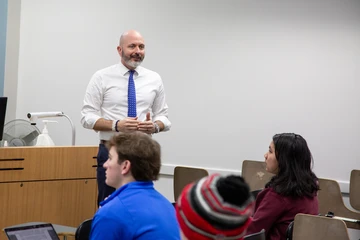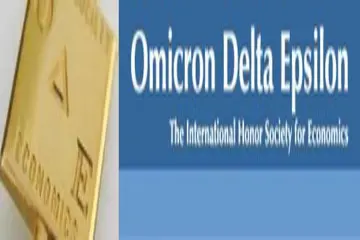Lead with Logic and Economic Expertise
Our Economics program equips you with the analytical and problem-solving skills needed in today’s diverse job market. Whether you aim to shape policy, work in financial institutions, or explore other career paths, you’ll learn to approach complex issues with the clear, logical thinking of an economist.
What You’ll Gain:
- Critical Thinking: Develop the ability to assess conflicting interpretations and analyze diverse perspectives on economic issues.
- Problem-Solving Skills: Learn how to approach and resolve problems under conditions of uncertainty or conflict with an economist’s mindset.
- Communication Mastery: Strengthen your interpersonal and communication skills, vital for success in any professional environment.
- Argumentation Skills: Hone your ability to construct, present, and defend well-reasoned arguments in both written and oral formats.
- Global Awareness: Understand economic trends and policies that impact global markets, and prepare to shape those outcomes through informed decisions.
Fredonia’s Economics program offers a wide range of economic perspectives and thinking, preparing you for success in a variety of fields.
Ready to lead with economic insight? Apply now and start building your future in economics at Fredonia!


















